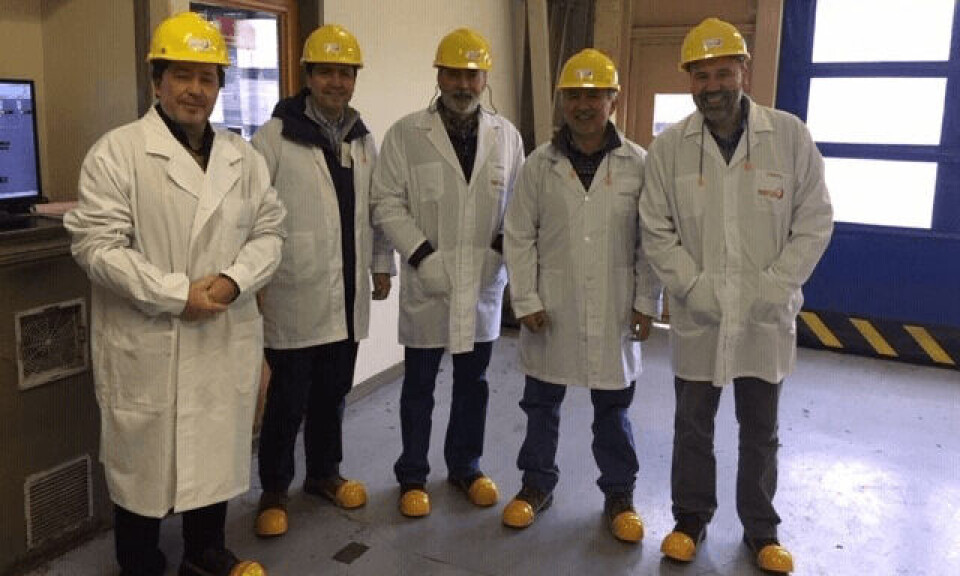
Skretting helps Chile find home-grown feed alternatives
Feed manufacturer Skretting is to work with Chile’s Agricultural Research Institute (INIA) to increase the substitution of marine raw materials in salmon feeds.
INIA director Pedro Bustos said the agreement with Skretting was in response to a request to agriculture minister Antonio Walker by salmon growers who wanted to replace fishmeal and fish oil with plant-based ingredients.
“One of our main objectives as an institution linked to the Ministry of Agriculture is to respond to the demands of agribusiness and, in that sense, if we can support improving the competitiveness of an important sector for the Chilean economy, we will do so with the development of new technologies that generate this impact,” said Bustos.

New raw materials
INIA food program coordinator Dr María Teresa Pino said that Institute has the R&D capabilities to develop new raw materials and generate varieties high in proteins and fatty acids, to contribute to a sustainable diet in the salmon industry.
Pino said salmon farming’s need for an increased amount of raw material of plant origin was a great opportunity for the Chilean agricultural sector and especially for grain farmers, if they could capture that market. At present, a significant percentage of plant ingredients are imported.
Consequently, a plan has been developed between INIA and Skretting Chile, in addition to other representatives of the salmon industry, with the objective of carrying out actions that validate the substitution of marine raw materials with Chilean-grown plant-based materials.
Protein concentrates
Juan Gutiérrez, manager at Skretting’s aquaculture research centre in Pargua, Chile, said: “The agreement with INIA will allow the collaborative work between the company and the Institutes specialised in agricultural research to be brought to the fore. We see very interesting opportunities in the area of starches, protein concentrates and also in vegetable oils.
“Today more than ever, it is necessary to promote the use of alternative raw materials to those of marine animal origin, since these will not only be scarcer and more expensive, but also are not in the line of sustainability of our industry.”




















































